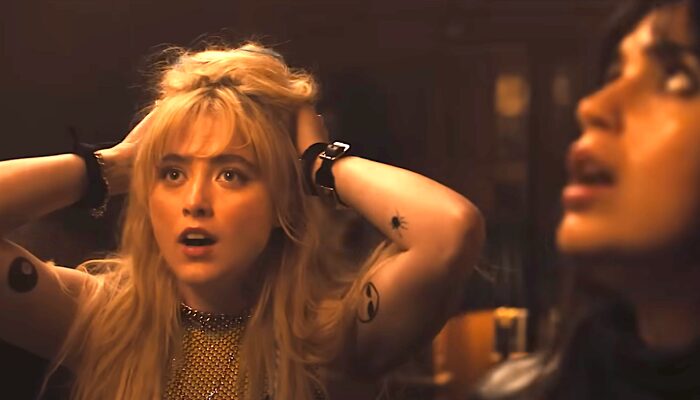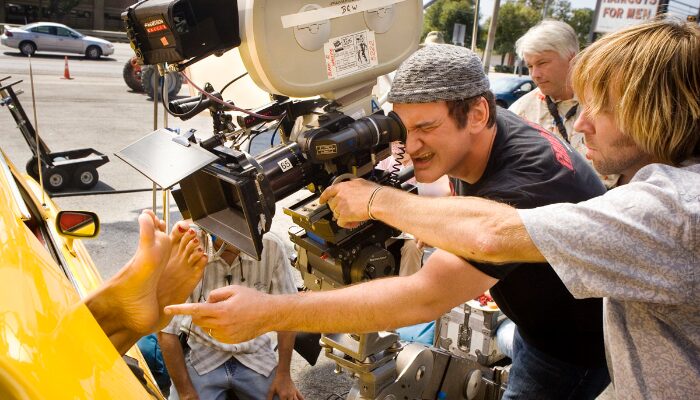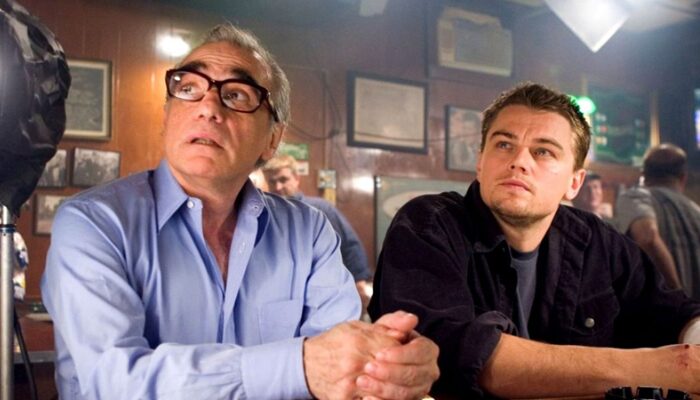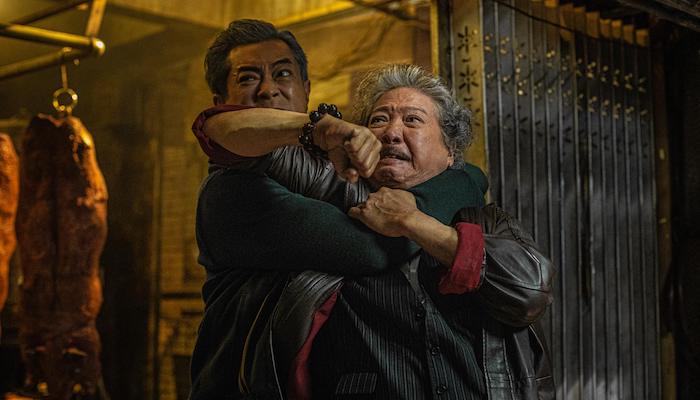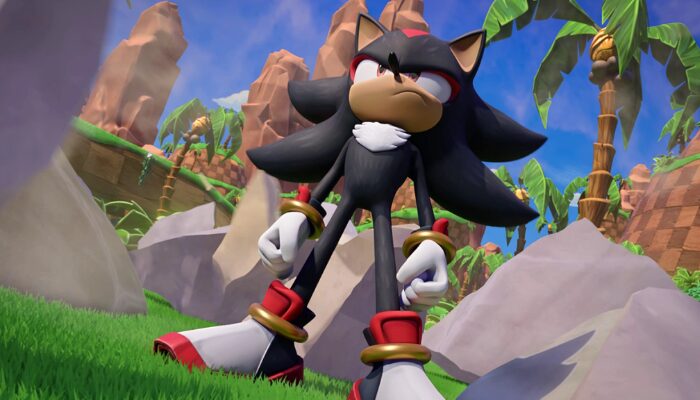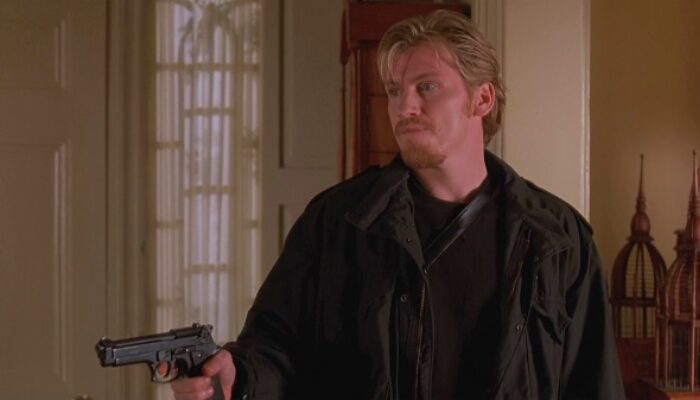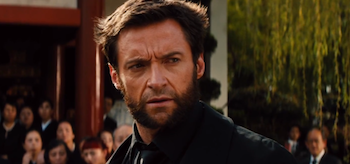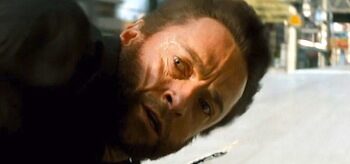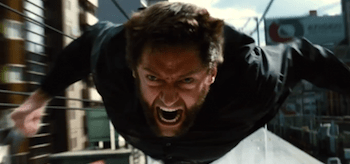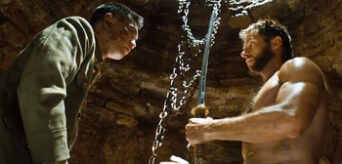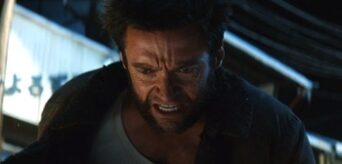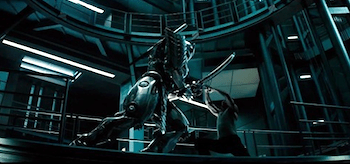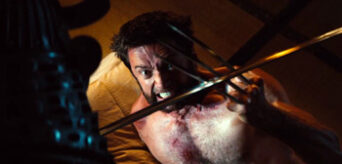Film Review: THE WOLVERINE (2013): Best Standalone Logan Film So Far
The Wolverine (2013) Film Review, a movie directed by James Mangold and starring Hugh Jackman, Tao Okamoto, Luke Webb, Famke Janssen, Svetlana Khodchenkova, James Fraser, Tao Okamoto, Luke Webb, James Fraser, Svetlana Khodchenkova, Will Yun Lee, Ken Yamamura, Hal Yamanouchi, Rila Fukushima, and Brian Tee.
Promoted as the Wolverine film X-Men fans have been waiting for, The Wolverine is exactly that, if only for fans of the film franchise. I have come to grips with two realizations of late: 1) fan-service should not necessarily be the priority for film makers adapting fan-boy material, 2) a franchise reboot is a better recourse (more practical, at least) than franchise rehabilitation. Watching The Wolverine, I was constantly reminded of both points.
With Hugh Jackman returning to the role for a sixth time (counting a cameo in X-Men: First Class), The Wolverine was not a sequel to X-Men Origins: Wolverine, but rather, to X-Men: The Last Stand. The first act opened with the title character, Logan, coping with his actions, at the end of the last film, as a hermit in the Canadian wilderness. From this self-imposed exile, he agrees to be taken to Japan by Yukio (Rila Fukushima), representing Ichiro Yashida (Haruhiko Yamanouchi). To repay a life dept to Logan, incurred while Logan was a P.O.W. of Imperial Japan, the dying head of the Yashida clan offered a solution to the source of Logan’s greatest pain: his immortality.
From there, Logan is introduced to the expansive intrigues of three generations of Yashida. In particular, Ichiro’s son, Shingen (Hiroyuki Sanada), granddaughter, Mariko (Tao Okamoto), and, eventually, the head of the Yashida clan’s ninja security detail, and former love of Mariko, Kenuichio Harada (Will Yun Lee). In the course of rescuing Mariko from multiple abduction attempts by Yakuza, Logan found that he no longer possessed instant healing.
This was the driving force of The Wolverine, both in its story, and I believe, the creative process of bringing it to the big screen. For Logan, the loss of his regenerative powers compelled him to focus on healing, not just of his body but his mind and soul as well. Inner trauma spawning from him having to kill Jean Grey (Famke Janssen) and the fact that he was likely to outlive anyone he would ever love. It also provided an opportunity for Mariko to participate in that healing process thus leaving Logan open to the possibilities of a new love. On the creative side, I imagine it solved the fundamental issue of keeping a general audience invested in someone that is basically invincible.
For his part, Hugh Jackman has cemented his place as Logan / Wolverine and may now be as indispensable to the role as Robert Downey Jr. has become to the role of Tony Stark/ Iron Man. The vulnerability he brought to the character complimented the story and vice-versa. It fleshed Logan out in ways that redeemed the lost opportunity that was X-Men: Origins and expanded upon his hinted potential as an X-Man. Famke Janssen seemed oddly menacing for a loving memory. With that in mind, she is perhaps better regarded as the amalgamated ghost of Jean Grey and The Phoenix. Tao Okamoto was convincing enough as Mariko, projecting deference and strength, a constitution to be expected from the First Daughter of a powerful Japanese clan. It was Yukio, however, (Ichiro’s go-to operative and Mariko’s wild-child companion) that stole enough scenes to warrant future franchise appearances.
Both the script by Christopher McQuarrie, Scott Frank, and Mark Bomback and the direction by James Mangold handled the material with the kind of deliberate pacing usually reserved for origin/ franchise set up films. It was a refreshing break from the stunt/ SFX heavy spectacle the X-films have become; even if it did climax in just such a fashion.
The fact that The Wolverine did a better job of establishing a solo franchise for its title character than X-Men: Origins brings me back to the matters of fan-service and franchise rebooting. Despite some nit-pick issues (Sabretooth as blunt instrument, both Colossus & Pyro as Americans, Lady Deathstrike…I’ll get to her), the first two X-Men films were embraced by fans and general audiences alike. The third was panned as both bad film-making and heresy; at a stroke, deflating the entire franchise the way a bad ending ruins any good movie. A reboot was called for, as it seemed like there was nothing left to work with. Instead, we got X-Men Origins: Wolverine and more of the same – namely, throwing mutants on-screen along with loads of stunts and SFX with no regard for the source material. This was, in turn, largely rejected and seemed to vindicate calls for a reboot. Sony and Fox studios, however, refused to relinquish the rights to their respective franchises. While Sony took the reboot route with Spiderman, Fox chose to double-down with X-Men: First Class; a film that could have been a fresh start but instead seemed to play into previous efforts while adding fresh blasphemies to the whole mess. If the success of the Bryan Singer X-films and Christopher Nolan‘s Batman trilogy effectively silenced fans, calling for absolute canon, the shortcomings of subsequent Marvel films outside the joint universe effort, have emboldened them. No surprise, then, that initial word of The Wolverine was greeted with some skepticism, if not scorn.
The Wolverine is arguably the best X-film since X2. I did find fault with it, however, as both a movie buff and a fan-boy. The climax was typical Hollywood and seemed at odds with the rest of the film; while neither Shingen nor Kenuichio were developed enough to give any real weight to their big moments. Maybe it was due to their work history but it also seemed like Jackman had more chemistry with Famke Janssen than Tao Okamoto, taking away from the love story a little a bit. When the character Viper (Svetlana Khodchenkova) first took center stage, she gave a would-be John a literal kiss of death on a crowded sidewalk but no one seemed to notice any of it. This was an example of the filmmakers showing off in an asinine and deleterious way (e.g. Daredevil showing off his abilities in the park with Elektra) that not only plagued the later X-films but many comic book-t0-film adaptations.
There is a long history in these films of what seemed like the arbitrary re-assigning of mutant and human roles. In the comics, Lady Deathstrike, Viper and The Juggernaut were not mutants, while Kenuichio Harada was. In The Wolverine, as in previous films, this was reversed. Yes, it better facilitated the removal and restoration of Logan’s healing factor but the history of juggling attributes looms large. Logan’s guilt over Jean Grey’s death was a key element in The Wolverine but also served as a reminder of The Last Stand‘s horrible conclusion. Both Shingen and Kenuichio had their original character roles greatly reduced for the film but this served a full circle narrative, from prologue to climax.
There was also a double cameo, for the epilogue, that gave some idea as to the direction for future X-films. It would have been better served free of The Last Stand‘s shadow; but I am willing to wait, to see what the future holds, after this, the first step in the rehabilitation of the X-verse.
Rating: 6/10
Related Articles
FilmBook's Newsletter
Subscribe to FilmBook’s Daily Newsletter for the latest news!

